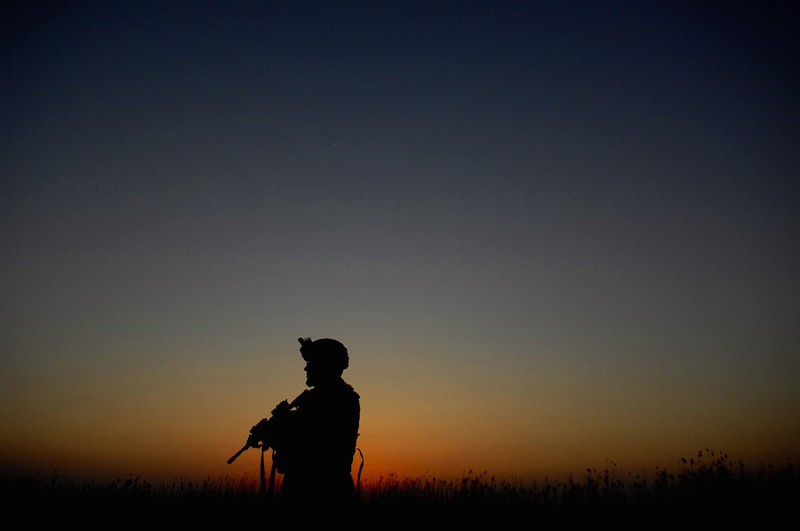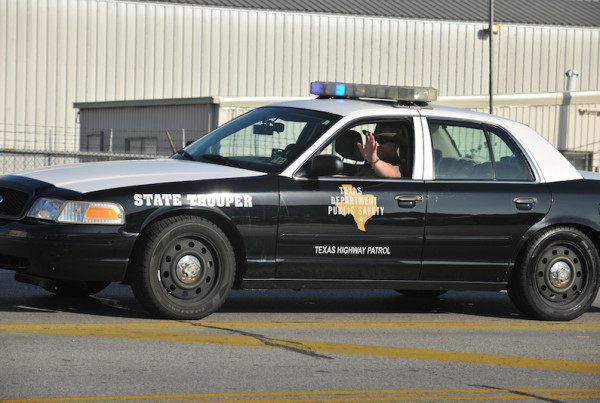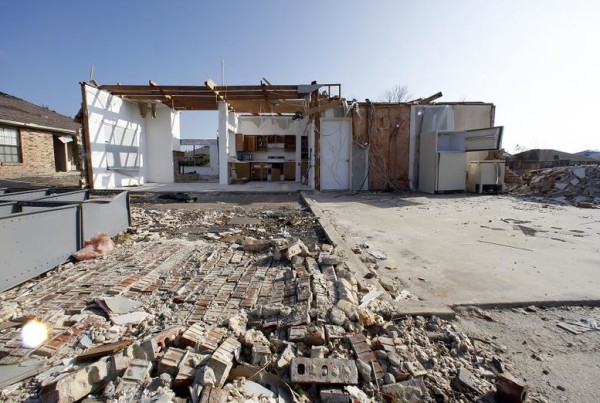At last count, at least 70 people are among the dead in yesterday’s bombing at a children’s play area in Pakistan. That country’ s offshoot of the Taliban has claimed responsibility, saying it was intended to target Christians celebrating Easter.
Formally speaking, this attack is unrelated to the one in Brussels last week, but both are a far cry from the lone wolf-style attacks which Americans have been warned to be watchful of. From a preparedness standpoint – are we looking in the wrong direction?
Matthew Levitt, director of the Stein Program on Counterterrorism and Intelligence at the Washington Institute for Near East Policy, says that there are multiple elements to terrorist organizations like ISIS that are able to carry out attacks. For example, ISIS is setting up “pseudo-governmental” structures in Syria, Iraq and elsewhere.
“They have people to function as ministers and they’re trying to provide services, and were fighting a war against them on the ground,” Levitt says. “When you think about what happened in Pakistan or Brussels, that’s something more of a terrorist nature and doesn’t operate as minister as such but terrorists that go out to kill people.”
Levitt says there are three kinds of attackers to consider.
“One is pure lone wolf – someone who hasn’t even traveled abroad but has been radicalized at home and is sitting in his mama’s basement watching one to many Islamic State videos, and tries to do something on his own,” he says.
Those have the potential to do the least amount of damage, but are the hardest to hunt down, Levitt says.
“The second is someone who has traveled abroad and has some learned some skills, but has come back and had decided to do something on his or her own,” he says.
The third, and most dangerous, Levitt says, is the foreign-trained fighters who are operating under directives from terrorist groups. These are the types of attacks like those that were carried out in Brussels and Paris.
“(They) come back really well-trained, can put together sophisticated explosives and can operate together as a group simultaneous attacks in multiple locations,” Levitt says. “We have to be cognizant and prepared for all three and we need to recognize that in Europe they have been moving to ward the foreign-directed plots for the past 15 months.”
As far as preventing these types of attacks, Levitt says we still have a lot to learn, and mistakes have been made.
“In Brussels, intelligence cooperation and information sharing in particular, there’s a lot more that needs to be improved,” Levitt says. “I think Brussels is going to give a serious impetus in that direction.”














